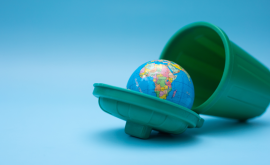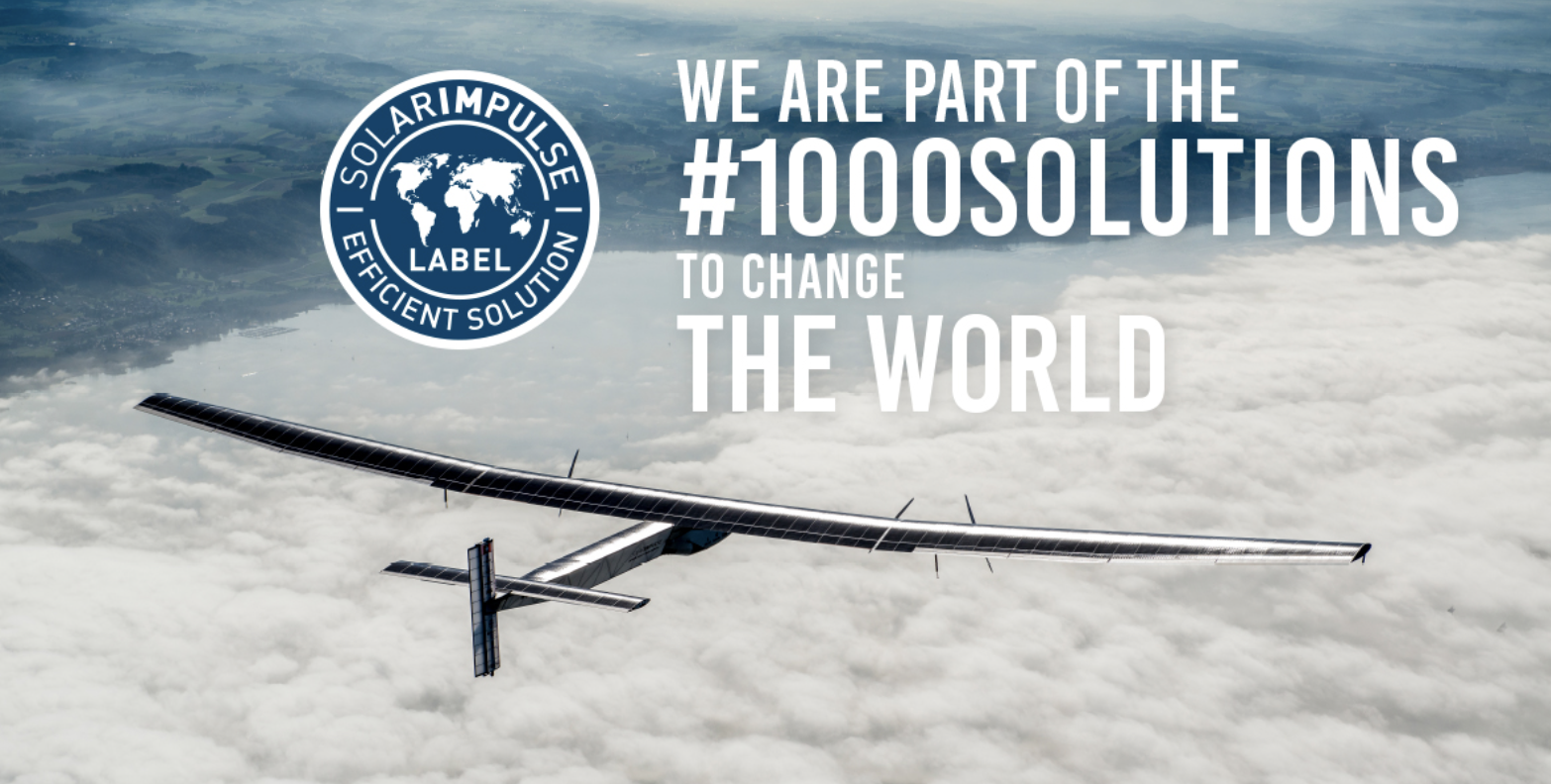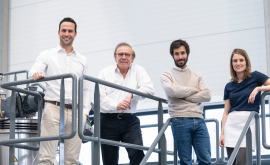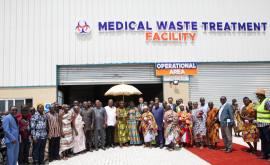Model in Africa
Record contract for Ecosteryl in Kenya
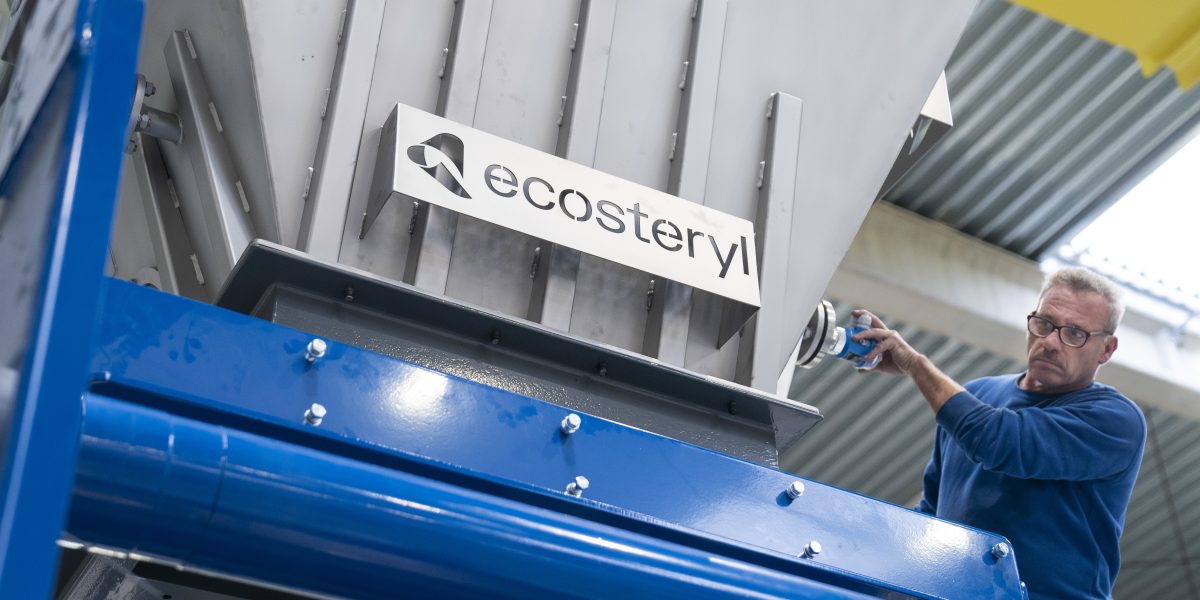
The government of Kenya has decided to entrust the decontamination of its country’s medical waste to Ecosteryl machines. A global contract (in 2 phases) worth €31 million to date for the Mons-based company, which was founded in 1947 and has been active in the treatment of hospital waste for more than 20 years. This contract lasted 10 years between the 1st contact and the shipment of the last machines at the end of this year 2023. Now that shipments are over, this success-story can be shared. And the story may not be over yet…
Open landfill sites filled with syringes, scalpels, and other potential viruses
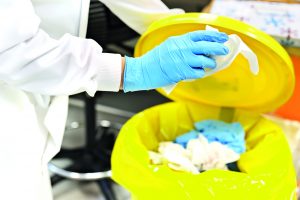
Amélie Matton, Ecosteryl CEO, emphasizes the scale of the challenge: “Situation is absolutely challenging when no valid treatment exists. This was the case in Kenya when I went there for the first time, more than 10 years ago. This is still the case for many countries around the world”.
Once treatment has been carried out, mainly in hospitals, but also at vets, in retirement homes, etc. so-called infectious waste must be “decontaminated”. Despite the WHO’s recommendations to stop using incineration, much waste around the world is simply burned in small burners or at the back of a yard. In 2010 realizing this problematic situation the Government of Kenya decided to tackle the situation head-on and to find solutions. An advisor was appointed who, after analysis, selected the Ecosteryl solution.
Phase 1: Mapping the country and deciding on urgent placements for decontamination
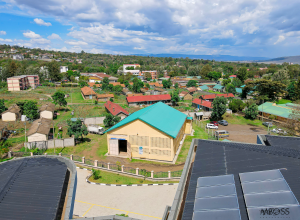
In 2010, talks began between Kenya’s Minister of Health and Ecosteryl. A decisive step was to rank the most populated cities and assess the volumes of waste to offer the optimal strategy. Further to several trips hospitals intended to receive the machines were selected.
Further to many exchanges, a first contract was signed. The buildings were then built by the local authorities. 10 machines were shipped, installed and medical waste treatment could begin.
Phase 2: In 2022, following this 1st positive experience, the Government of Kenya decided to go ahead with the collaboration and to purchase 15 additional Ecosteryl machines.
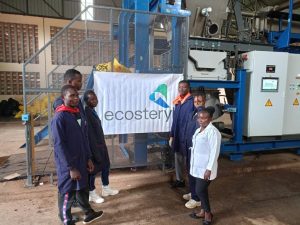 Structure of Kenya is in constant evolution. Kenya is now composed of 47 “counties” that are autonomous in their decision. The selection of new placements where to install additional machines is made together with this Board of Governors; with particular attention to the presence of Ecosteryl technicians on site in order to ensure follow-up and training.
Structure of Kenya is in constant evolution. Kenya is now composed of 47 “counties” that are autonomous in their decision. The selection of new placements where to install additional machines is made together with this Board of Governors; with particular attention to the presence of Ecosteryl technicians on site in order to ensure follow-up and training.
Belgium can boast about decontaminating part of Kenya’s waste.
Romain Dufrasne, Executive Board Member: “Ecosteryl’s customers are either hospitals, private providers or international organizations. Sometimes governments decide to have a global solution”, as in the Kenyan case. “When you notice an entire ecosystem is organizing around your technology for consistent medical waste management and that your impact is positive, it gives a more tangible sense to our project”.
To have such a contract becoming reality lots of Belgian actors stepped in. According to Amélie Matton, Ecosteryl had the chance to rely on various entities: The Ministry of Foreign Affairs through Finexpo, the KBC bank, Credendo which ensures the operation but also the expertise of external consultants, the Embassy of Belgium and the Awex network. “I would like to thank them very much, such contracts are very important for a company like ours and we felt extremely supported”.
An incredible business card to allow other Ecosteryl projects to move forward in other countries.
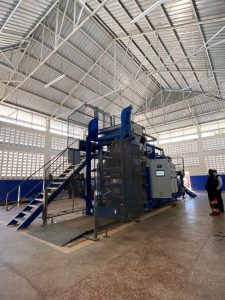
Since the 2000s, Ecosteryl (45 people) has been manufacturing medical waste decontamination machines. These machines that are mainly purchased by private providers are increasingly placed directly in hospitals. “We already cover more than 65 countries, but our goals are even greater. Many countries still have no ecological solution. Kenya’s success could be replicated anywhere else” says Olivier Dufrasne, President.
Currently attending COP28 in Dubai, Olivier Dufrasne is convincing other governments and international organizations to consider the future of medical waste in a greener era.
Each machine was manufactured in Mons, in Ecosteryl’s historical workshop, and was installed by its team of technicians who travel all over the world. In the case of Kenya in particular, a technician is constantly on site to monitor and maintain the 25 machines.

